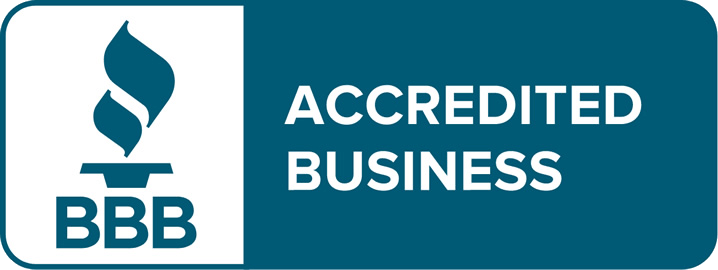When working with the IRS Collections Division, tax compliance is fundamental to resolving any case. Compliance in this regard refers to the filing of all outstanding returns and the remittance of required tax deposits for the current period. This is also known as being “current.” Specifically, a taxpayer who is current can show they are capable of meeting deposit requirements. Their representative can also argue that they should not be subject to collections and are eligible to be considered for a formal resolution. In turn, the IRS can make a case that further accruals have stopped and they are no longer a risk to the Service.
Most importantly, compliance is a prerequisite to any case resolution. When a case is with IRS collections, the taxpayer’s compliance with returns and deposits is subject to higher scrutiny. The Service simply seeks to draw a line in the sand to stop accruals otherwise known as “pyramiding.” When an individual or business is current and not pyramiding, they are more likely to be protected from collections such as bank levies and garnishments. They can be protected by being placed into “pending installment agreement status” if a formal proposal is made. Further, an IRS revenue officer is also more likely to grant a hold on collections and work on a timeline for resolution. Finally, if an appeal is filed, the Office of Appeals is more likely to consider their case without collections to achieve a resolution.
In its simplest form, the IRS can only formalize a resolution with a taxpayer who is compliant, for the exact periods with balances due. If returns are outstanding or current deposits are not made, the total balance due is also unknown and terms for an agreement cannot be set. More so, after an agreement has been established, if a taxpayer does not r emain compliant, new periods outside of agreement have been created. This automatically breaks the terms of any agreement and the entire process must start over to encompass all periods with balances due.
emain compliant, new periods outside of agreement have been created. This automatically breaks the terms of any agreement and the entire process must start over to encompass all periods with balances due.
For an individual, this means that all personal income tax returns (Forms 1040) must be submitted. Keep in mind an extension to file a return is not an extension to pay. Therefore, if a balance is expected on any return on extension, it should be filed at once so it can be included in the resolution. In addition, if required, sufficient year to date estimated income tax deposits must be made in order to show compliance.
For a business, all payroll tax returns (Forms 941), unemployment returns (Forms 940) and corporate income or partnership returns (Forms 1120 & 1065) must be filed. Primarily the business must show that in the quarter in which it is currently in, sufficient and timely payroll tax deposits have been made. If current deposits are late, sufficient payments to cover penalties should be addressed as well.
Very often the IRS is also more likely to formalize a resolution for a taxpayer who is compliant in working with a third party payroll service provider. Specifically, payroll service providers can help establish a very efficient, formal schedule for deposits and filings under the control of a business owner. This significantly lowers the risk for accruals, which helps both the taxpayer and IRS in the future.
Overall, cases can easily turn in a taxpayers favor when they first can establish compliance. Being current must be the primary focus of any individual or business working with IRS collections. Ultimately, having the experienced representatives at 20/20 Tax Resolution, Inc. will make this process easier and more successful in the long run. Please feel free to contact us with any questions — we are here to help.



